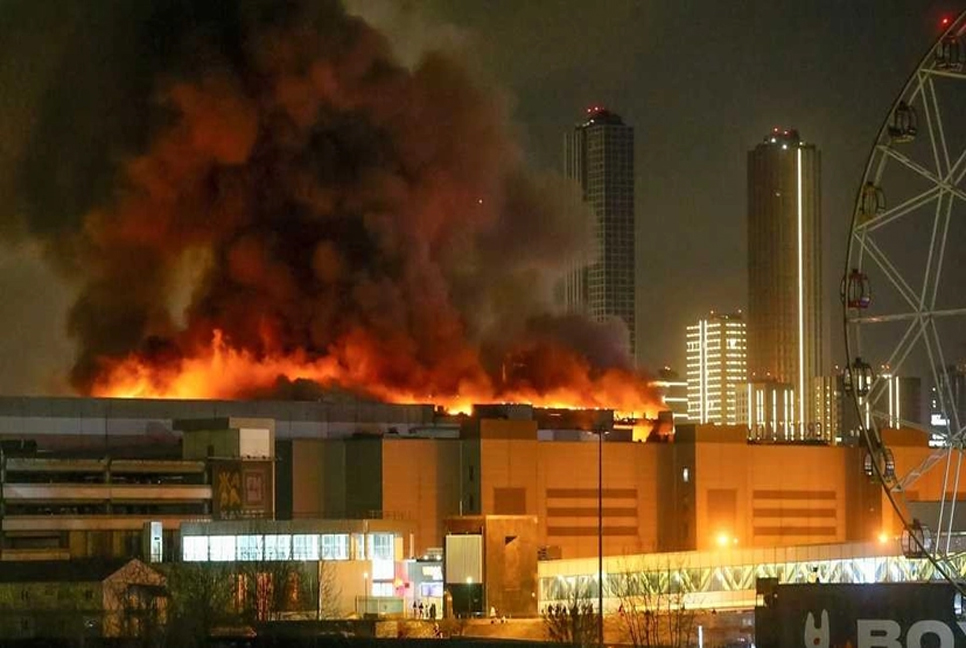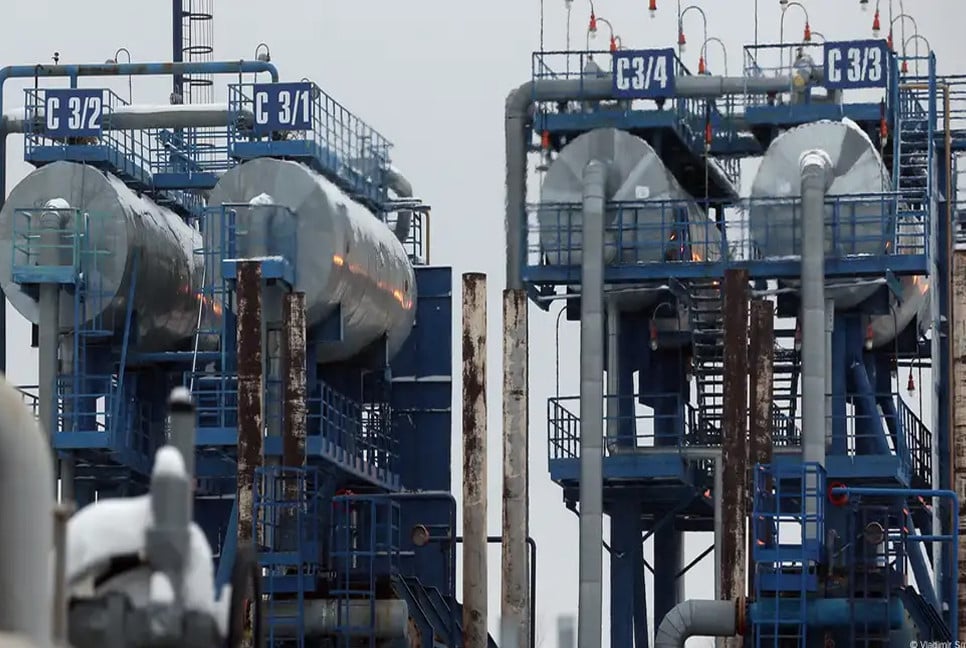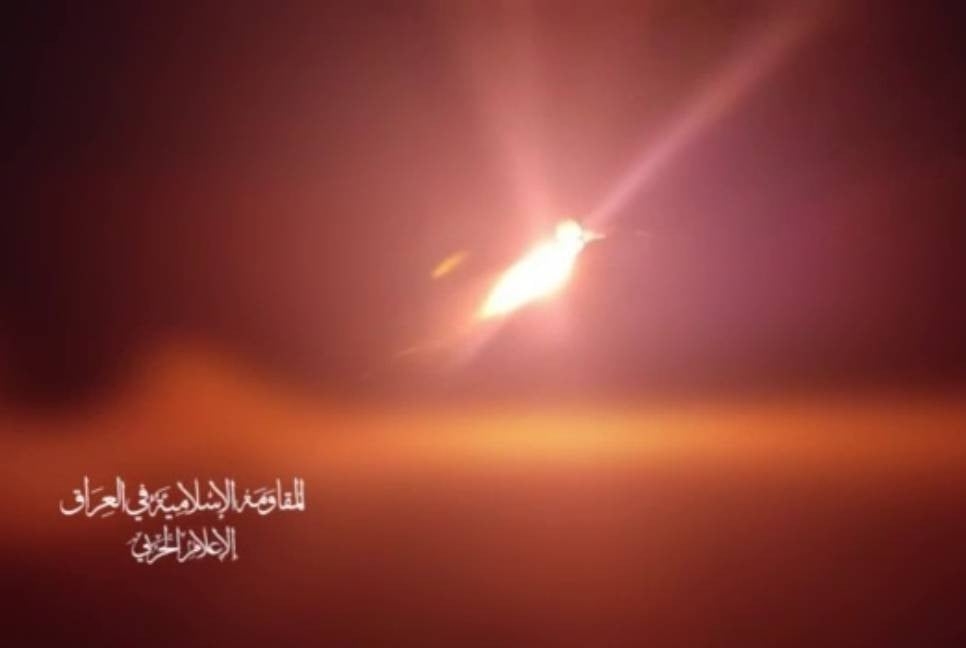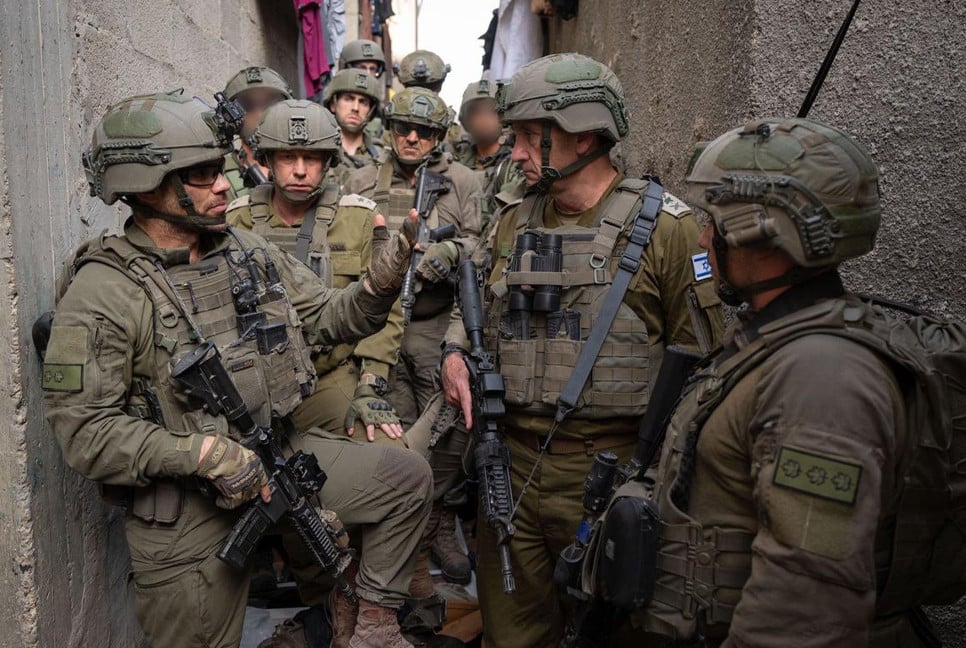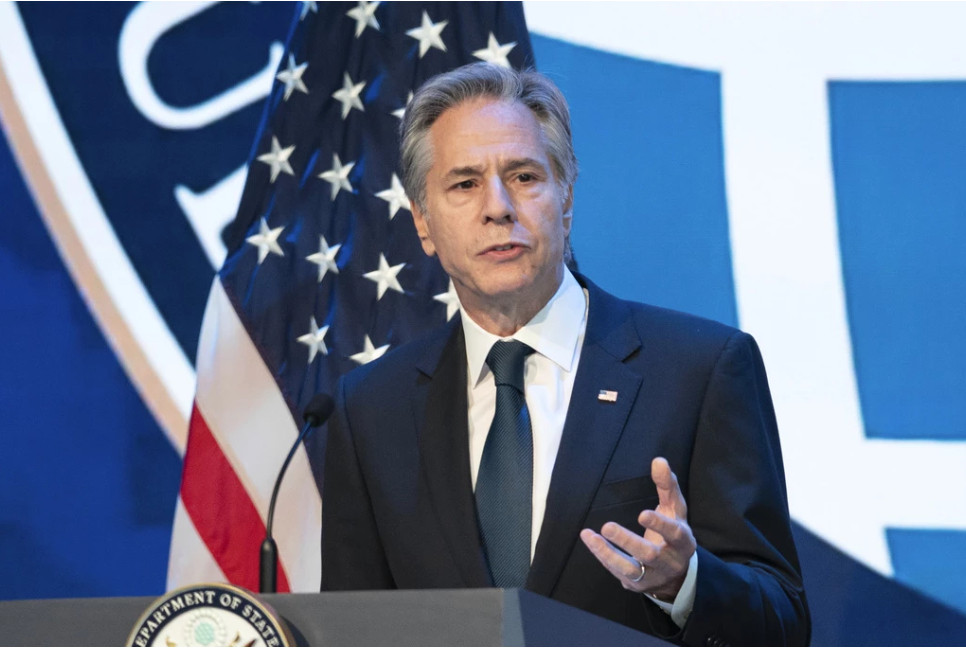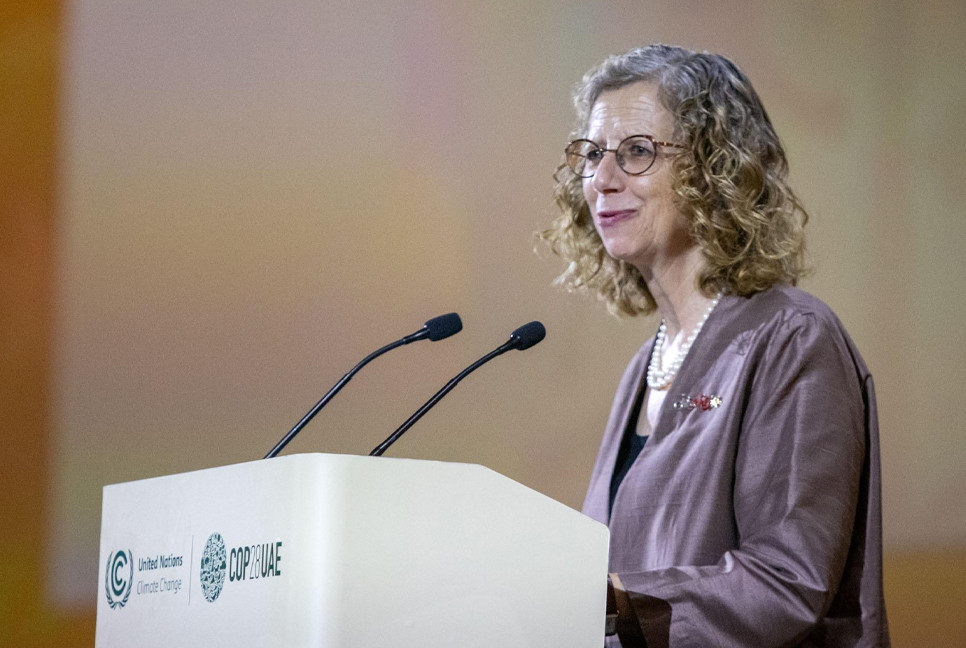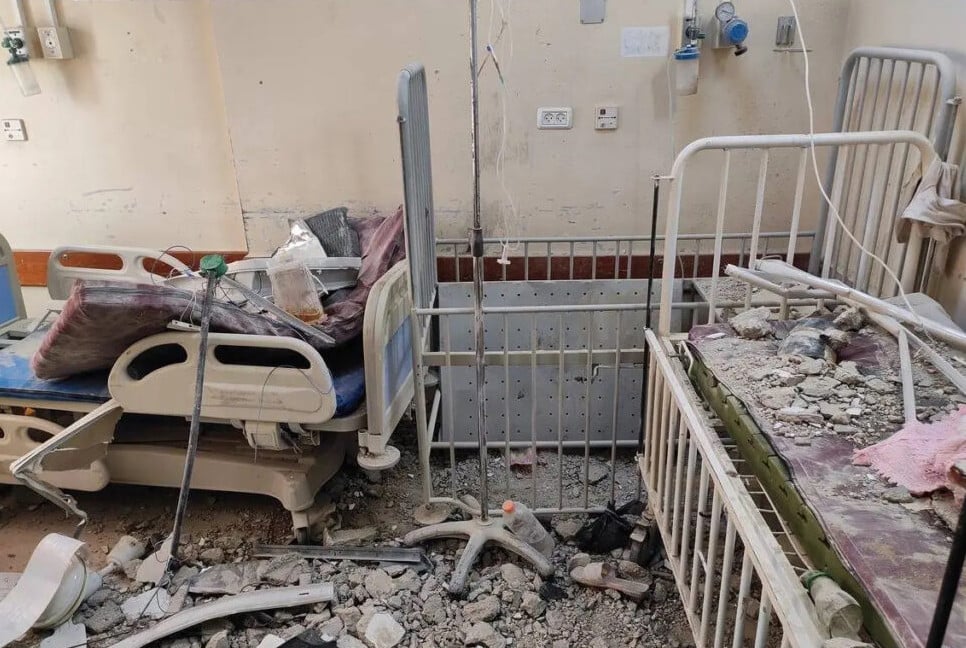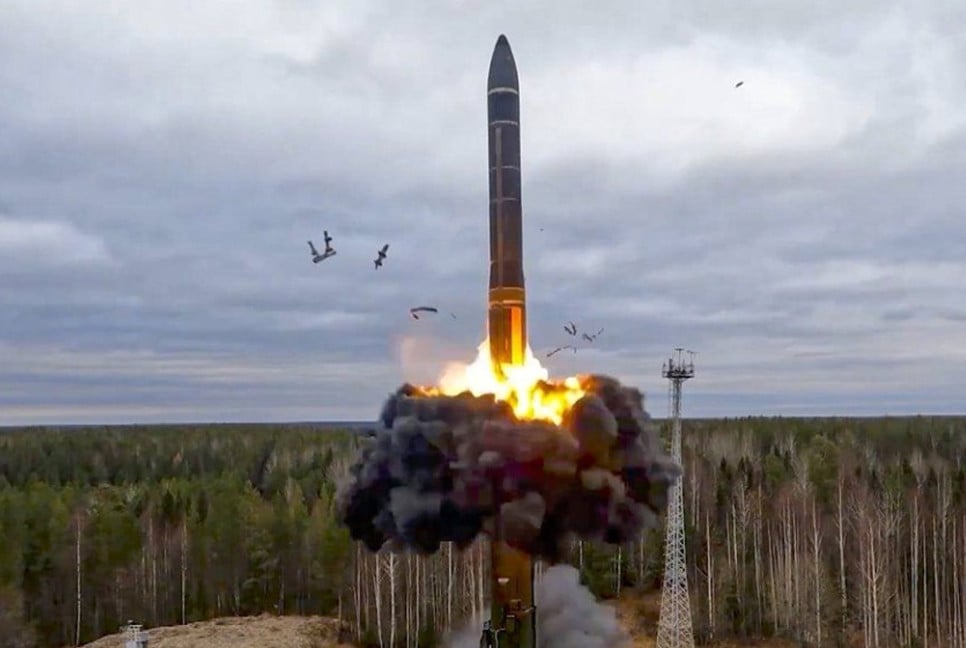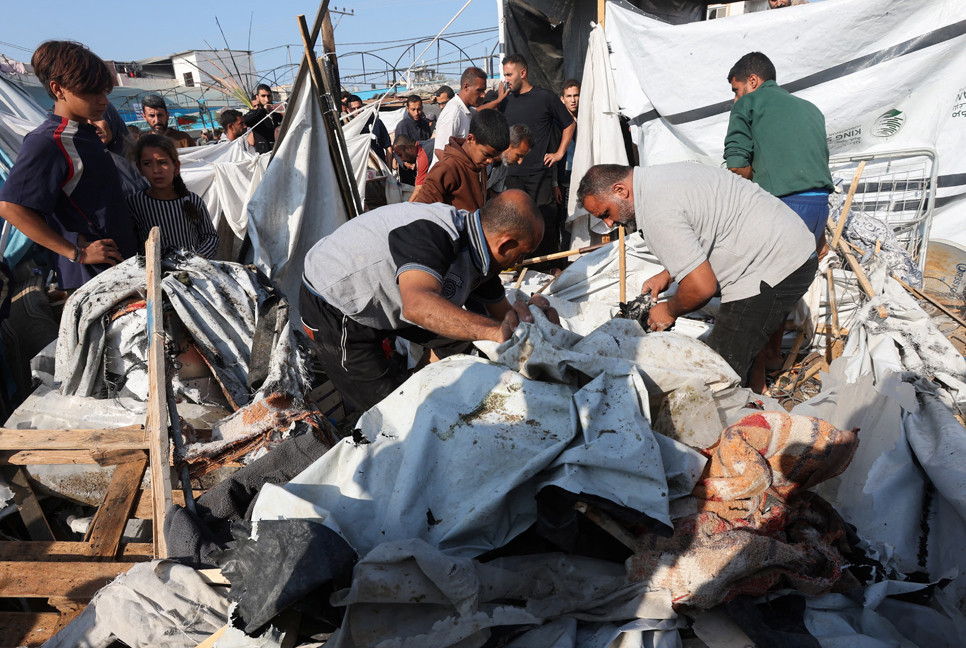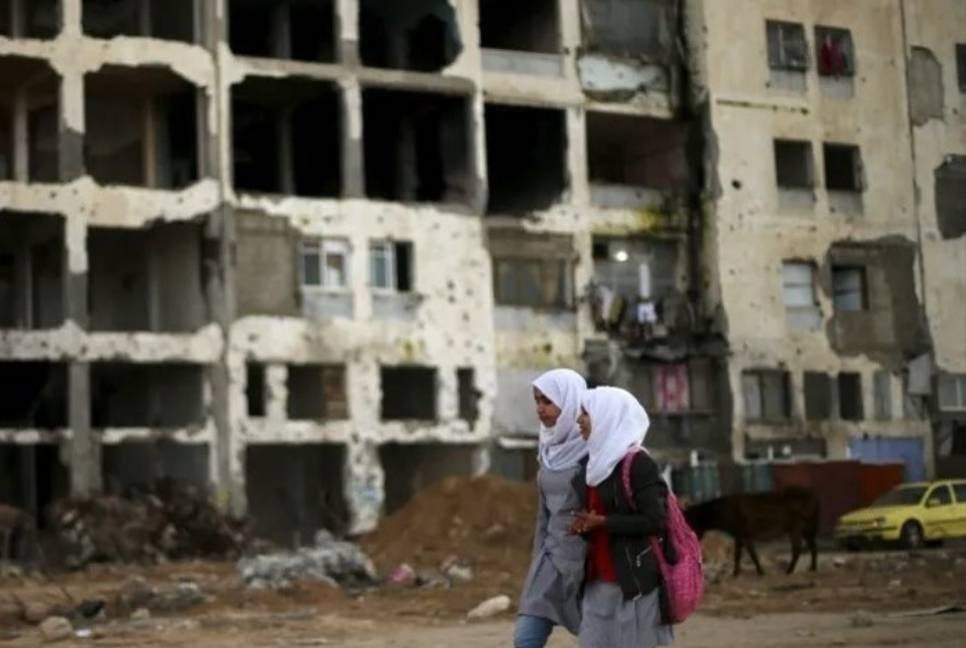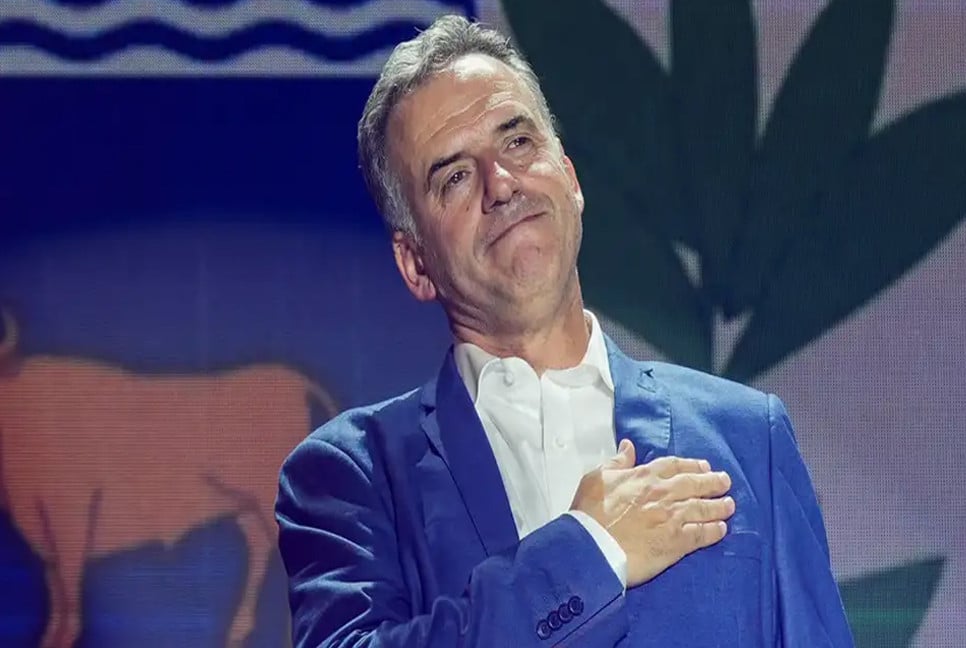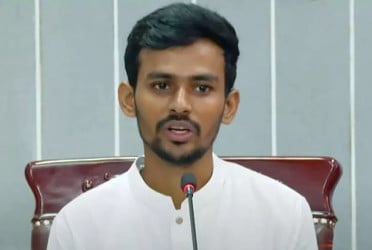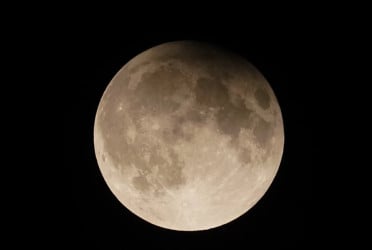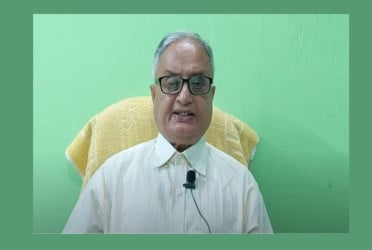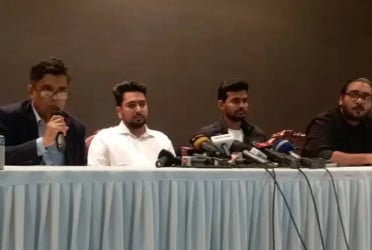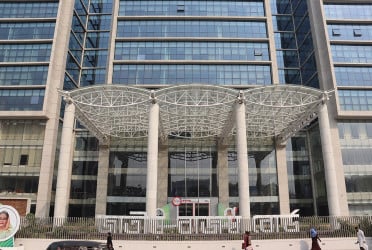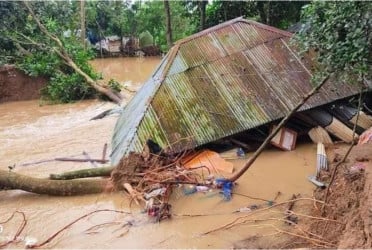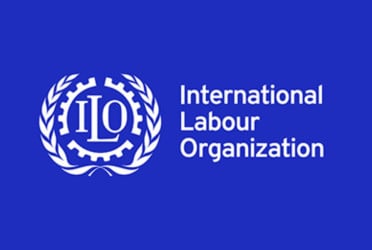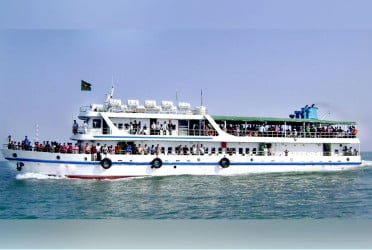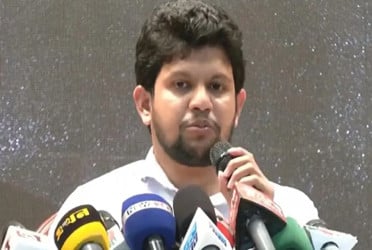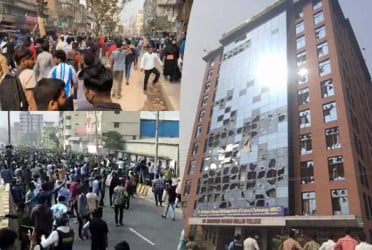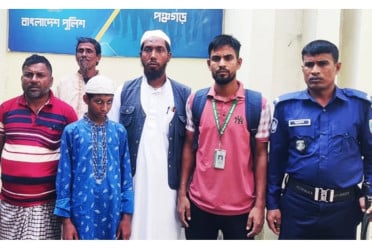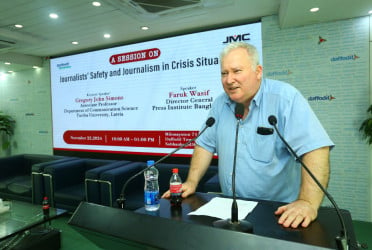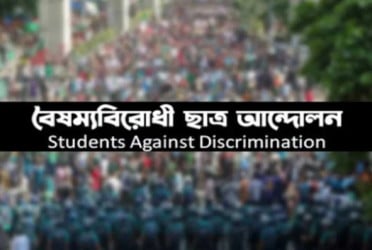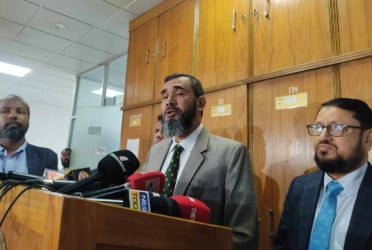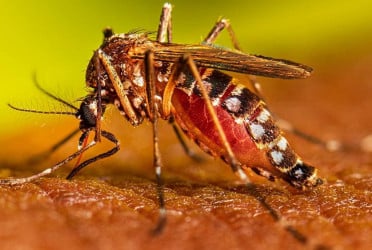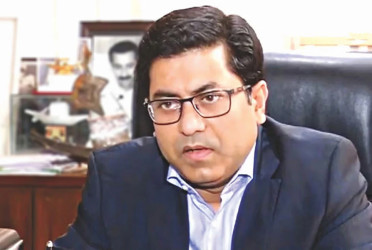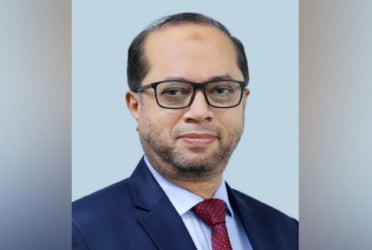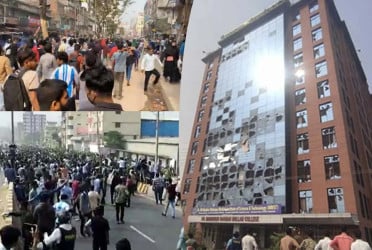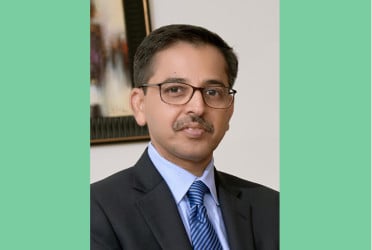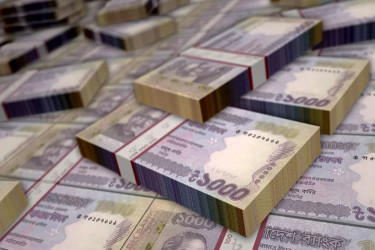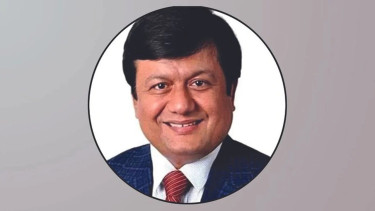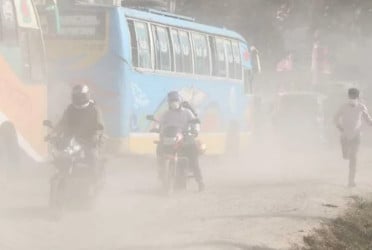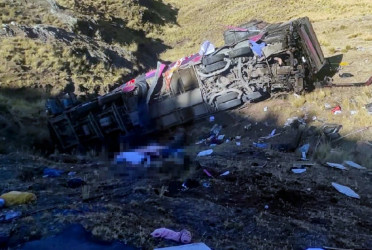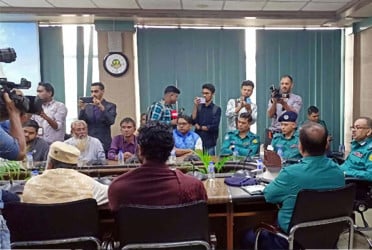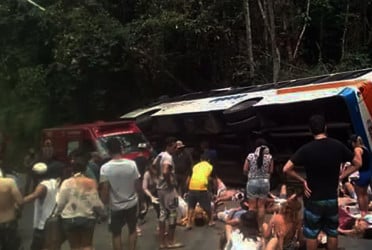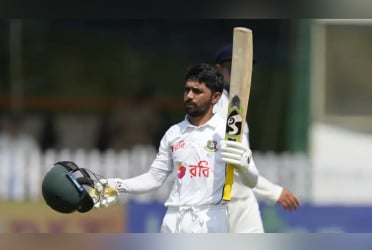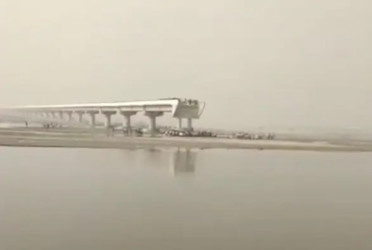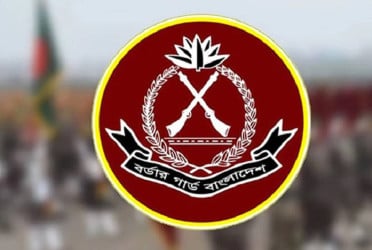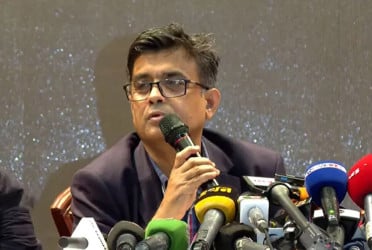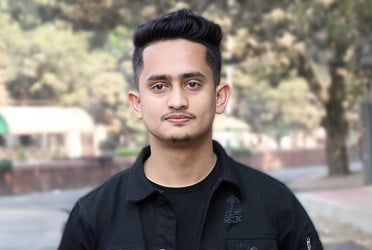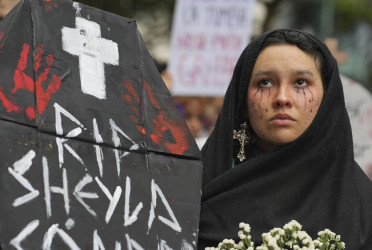More than 60 people have been killed and 145 others injured during a terrible terrorist attack at a major concert hall in Moscow.
The news of attack and the damage were confirmed by Russia's main domestic security.
Local authorities said that "all forces and means have been directed to the scene of the incident," and that "information about victims is being confirmed." Health authorities released a list of 145 injured — 115 of them hospitalized, including five children. About 60 adults were in grave condition. More could be trapped by fire in the building, reports AP.
The Russian Health Ministry told Sputnik that 70 ambulances has been sent to Krasnogorsk to provide medical care to victims.
The attack came just days after President Vladimir Putin clinched an electoral landslide, and amid warnings by some Western governments to their citizens to avoid big gatherings in Moscow.
The Islamic State group claimed responsibility for the attack in a statement posted on affiliated channels on social media, which couldn’t be independently verified. It wasn’t immediately clear what happened to the attackers after the raid, which state investigators were investigating as terrorism.
It was not clear why the IS group, which operates mainly in Syria and Iraq but also in Afghanistan and Africa, would stage an attack in Russia at this time. Over the years, the extremist group recruited fighters from the former Soviet Union who fought for the group in Syria and Iraq and has claimed several past attacks in the Caucasus and other Russian regions.
The Kremlin didn’t immediately blame anyone for the attack, but some Russian lawmakers were quick to accuse Ukraine and called for ramping up strikes. Hours before the attack, the Russian military l aunched a sweeping barrage on Ukraine’s power system, crippling the country’s biggest hydroelectric plant and other energy facilities and leaving more than a million people without electricity.
Mykhailo Podolyak, an adviser to Ukrainian President Volodymyr Zelenskyy, denied Ukraine involvement.
“Ukraine has never resorted to the use of terrorist methods,” he posted on X. “Everything in this war will be decided only on the battlefield.”
On 7 March, Russia’s top security agency said it thwarted an attack on a synagogue in Moscow by an Islamic State cell, killing several of its members in the Kaluga region near the Russian capital. A few days earlier, Russian authorities said six alleged IS members were killed in a shootout in Ingushetia in Russia’s volatile Caucasus region.
On 7 March, hours after Russia's FSB reported killing Islamic State members in Kaluga, the US government issued a terror alert urging its citizens in Moscow to avoid public gatherings, including concerts.
John Kirby, spokesman for the White House National Security Council, claimed in a statement to Sputnik that the United States recently shared information with Russian authorities regarding a planned terrorist attack against Russia in accordance with its so-called duty to warn policy.
When asked whether Washington had any prior information about Friday's assault, a US spokesman said that he was not aware of any advance knowledge that White House had of the attack.
“Our thoughts are going to be with the victims of this terrible, terrible shooting attack,” said Kirby.
The attack was the deadliest in Russia in years and came as the country’s war in Ukraine dragged into a third year. Moscow Mayor Sergei Sobyanin called the raid a “huge tragedy.”
Members of the musical group Piknik, at whose concert the shooting occurred, were not injured, the director of the show told Sputnik.
The gunmen attacking the concert venue shot people point blank after bursting into the building, a Sputnik correspondent who witnessed the incident said. The terror incident began a few minutes before 8pm Moscow time, prior to the start of the concert, the survivor said.
Moscow's Department of Transit said the nearby Myakinino metro station is operating as normal, but said that vehicular traffic in and out of the area has been complicated by traffic jams.
Guards at the concert hall didn’t have guns, and some could have been killed at the start of the attack, Russian media reported. Some Russian news outlets suggested the assailants fled before special forces and riot police arrived. Reports said police patrols were looking for several vehicles the attackers could have used to escape.
Influence of extremists in its Caucasus region has for long been a source of terrorism in Russia. The country was shaken by a series of deadly terror attacks in the early 2000s during the fighting with separatists in the Russian province of Chechnya.
Bd-pratidin English/Lutful Hoque

